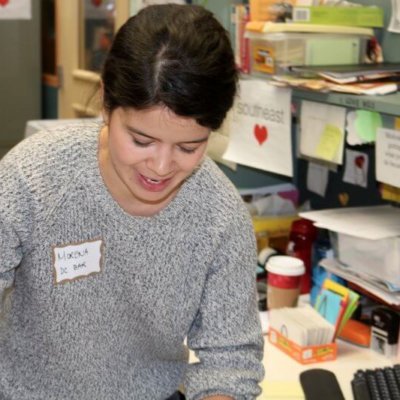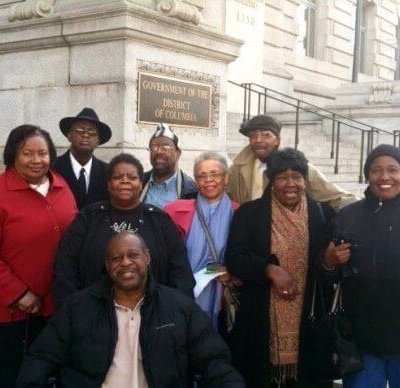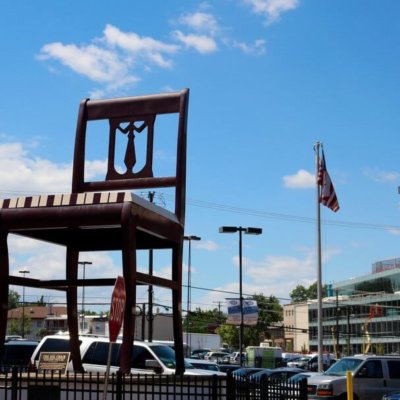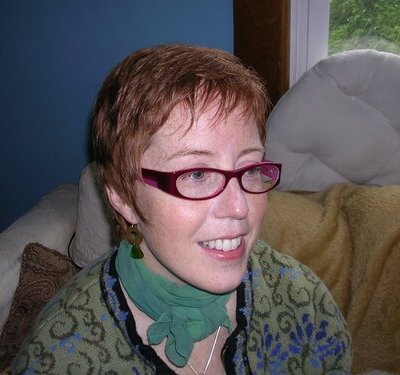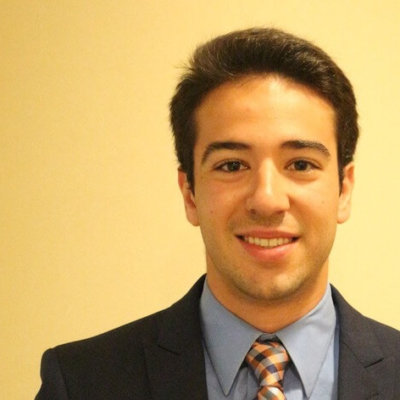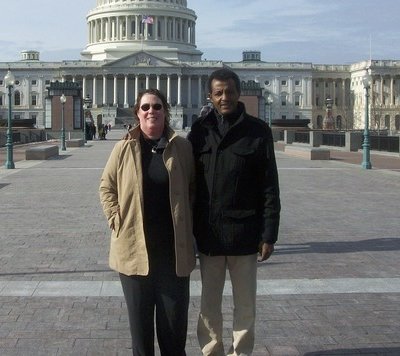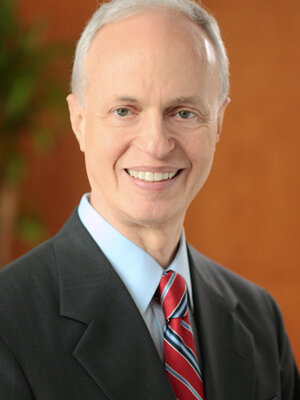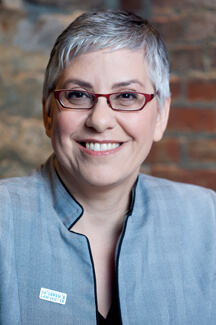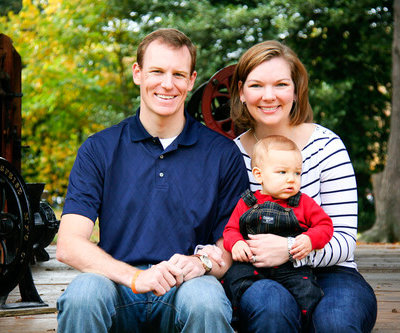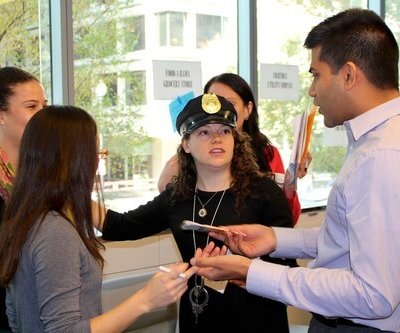For more information, visit http://www.probono.net/dc/calendar/ _______ Tuesday, June 17 | 1:00 pm – 5:00 pm Caregiver Representation Pro Bono Attorney Training – Children’s Law Center Steptoe & Johnson (1330 Connecticut Avenue, NW; Red Line: Dupont Circle) Register at www.childrenslawcenter.org/pro-bono-home Current and prospective pro bono attorneys are invited to learn about adoption, guardianship, and custody law and practice, and representing caregivers in these cases. A light lunch will be provided. _______ Wednesday, June 18 | 6:30 pm – 8:30 pm Public Interest Happy Hour – Washington Council of Lawyers & Children’s Law Center Children’s Law Center (616 H Street, NW; Red Line: Gallery Place) All are welcome! Invite a friend to join you! _______ Thursday, June 19 | 12:00 pm – 1:30 pm Perspectives on Poverty Law from the Bench: DC Superior Court – Washington Council of Lawyers Jones Day (300 New Jersey Avenue, NW; Red Line: Union Station) Three Superior Court judges will discuss how poverty impacts the justice system, the critical role that pro bono and public interest attorneys play in securing access to justice, and how a public interest career path can lead to a judicial appointment. _______ Tuesday, June 24 | 11:00 am – 1:00 pm Legal Advocacy for People With Intellectual Disabilities – DC Department on Disability Services, Quality Trust for Individuals with Disabilities, and Project Action Arent Fox LLP (1717 K Street, NW; Red Line: Farragut North) RSVP to mwhitlatch@dcqualitytrust.org An interactive brown bag discussion of: practice tips, ethical obligations, reasonable accommodations, advocacy support, and more. _______ Wednesday, June 25 | 12:00 pm – 1:00 pm Lunch and Law: Bullying – Children’s Law Center Conference Call: Dial 605–562–3000 and use passcode 964021# No RSVP is required; learn more at http://www.childrenslawcenter.org/ A discussion of Children’s Law Center’s efforts to address bullying in DC schools. _______ Tuesday, July 8 | 12:00 pm – 1:30 pm Perspectives on Poverty Law from the Bench: DC Court of Appeals – Washington Council of Lawyers DC Court of Appeals (430 E Street, NW – Multipurpose Room; Red Line: Judiciary Square) Three Court of Appeals judges will discuss how poverty impacts the justice system, the critical role that pro bono and public interest attorneys play in securing access to justice, and how a public interest career path can lead to a judicial appointment. _______ Wednesday, July 9 | 6:30 pm – 8:30 pm Fellowships 101: An Introduction to Postgraduate Public Interest Fellowships – Washington Council of Lawyers Georgetown Law (600 New Jersey Avenue, NW – Hart Auditorium; Red Line: Union Station) A panel discussion of the ins and outs of project-based fellowship programs. Expert panelists will offer tips and insights about how to craft the best fellowship proposals while in law school. _______ Thursday, July 10 | 5:00 pm – 8:00 pm An Evening at the United States Holocaust Memorial Museum – Arent Fox LLP Holocaust Memorial Museum (100 Raoul Wallenberg Place, SW; Orange/Blue Line: Smithsonian) For more information, contact Emily.Dorsey@arentfox.com Gerard Leval, General Counsel of the United States Holocaust Memorial Council and a partner at Arent Fox LLP, will discuss legal issues relating to the development of the museum and those affecting the museum’s operations since its opening in 1993. _______ Wednesday, July 16 | 6:30 pm – 8:30 pm Public Interest Happy Hour – Washington Council of Lawyers Thomas Foolery (2029 P Street, NW; Red Line: Dupont Circle) Celebrity guest bartenders pour your drink: Jim Sandman (Legal Services Corporation), Paul Smith (Jenner & Block), Virginia Sloan (The Constitution Project), and William Treanor (Georgetown University Law Center). _______ Friday, July 18 | 12:30 pm – 2:00 pm Practicing Public Interest Law East of the Anacostia River: 4th Annual Summer Panel Discussion with the East of the River Casehandlers Deanwood Library (1350 49th Street, NE; Orange Line: Deanwood) To register, contact Heather Hodges at 202.269.5100 or hhodges@nlsp.org A discussion about student internships and pro bono opportunities east of the river, the DC Bar Foundation’s Loan Repayment Assistance Program for public interest lawyers in DC, and the DC legal services providers that serve the low-income residents of the diverse and vibrant neighborhoods east of the river. _______ Thursday, July 24 | 12:00 pm - 1:30 pm Perspectives on Poverty Law from the Bench: Office of Administrative Hearings – Washington Council of Lawyers Arnold & Porter LLP (555 12th Street, NW; Orange/Blue/Red Line: Metro Center) Three DC Office of Administrative Hearings judges will discuss how poverty impacts the justice system, the critical role that pro bono and public interest attorneys play in securing access to justice, and how a public interest career path can lead to a judicial appointment. _______ Wednesday, July 30 | 12:00 pm - 1:30 pm Perspectives on Poverty Law from the Bench: US District Court for the District of Columbia – Washington Council of Lawyers McDermott Will & Emery (500 North Capitol Street, NW; Red Line: Union Station) Three DC District Court judges will discuss how poverty impacts the justice system, the critical role that pro bono and public interest attorneys play in securing access to justice, and how a public interest career path can lead to a judicial appointment. _______ Monday, August 18 – Friday, August 22 13th Annual Human Rights on the Hill – University of the District of Columbia David A. Clarke School of Law To join the list for more information, including a session schedule, write to JFL@udc.edu The course features presentations from a wide range…







